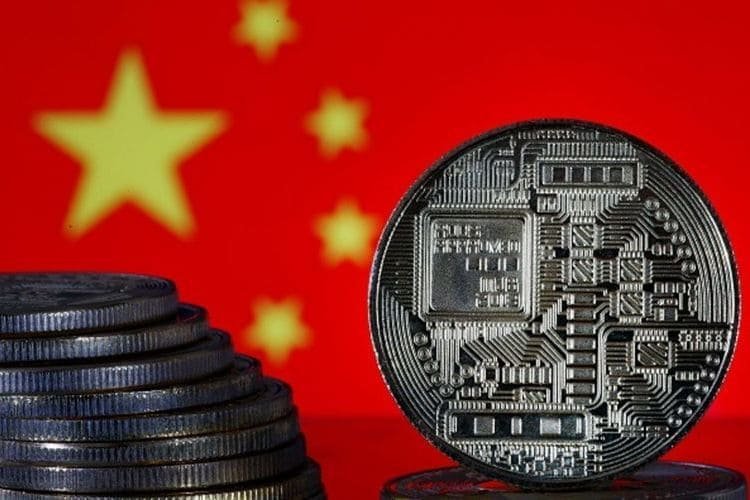China’s Digital Yuan (DCEP) to Reportedly Target Dominance of Alibaba and Tencent

In order to suppress competition, the central bank encouraged a top antitrust agency to launch a probe against Alipay and WeChat Pay and to use their dominance for this cause. And the news regarding this topic broke just a couple of days later and many companies, most notably Chinese Forex brokerages have been keeping up with the ongoing change in the digital currency tendencies in China.
Currently, Alibaba’s financial subsidiary Alipay and Tencent’s WeChat Pay control the majority of the digital payments across the whole country while banks have been left far behind in the ongoing competition. The dominance of Alipay over the market is clear if we look at the numbers, and they show that in the Q1 2020, Alipay processed almost 56% of all mobile payments in China, and that is a huge volume.
In a completely different statement, a senior official of the Hong Kong Monetary Authority familiar with the ongoing situation mentioned that:
“The PBoC wants a more level playing field for the banks. Retail Payments are so dominated by Alibaba and Tencent while banks are less active in electronic payments.”
At the same time, China’s central bank is also planning to test its digital currency on platforms operated by Meituan Dianping, which is one of the biggest food delivery providers in the entire country and is backed by Tencent Holdings Ltd. Meituan has joined the ride-hailing startup Didi Chuxing in exploring applications for a digital yuan, which lives on a mobile wallet application and offers Beijing a greater control of the country’s financial system. The research sign of the central bank is also in discussions on trial with Bilibili Inc., which is another Tencent-backed company that streams videos and is one of the best in the business.
A huge part of testing the digital currency on different platforms is knowing just how many people use electronic currencies and just how quickly the transaction is happening from the relatively traditional payment methods to crypto payments. And the answer to these questions should be known in the near future as the government is leading surveys into this topic to make sure they have as much information as possible in order to make the most of the situation.
This whole situation leaves the same impression on everyone which is that the DCEP is going to war with these companies and is working against Alipay and WeChat Pay.
But in reality, what the government is trying to do is integrate them into a system that is faster and smoother and provides better digital payment. This won’t leave the companies out of the games though as Alipay has several patents related to China’s digital currency which indicates exactly the fact that the company will not be undermined.
Image courtesy of Bloomberg